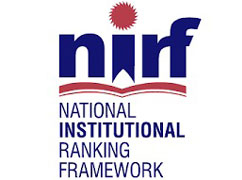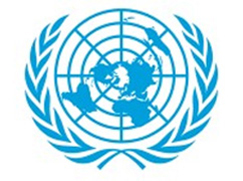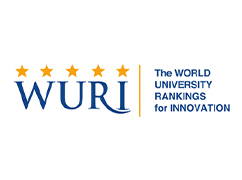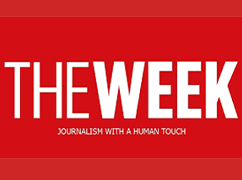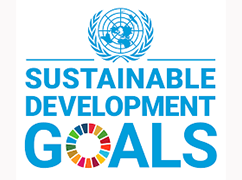The impact of SWAC’s work has been significant:
Community Engagement: Through stalls and presentations, SWAC has reached a broad audience, educating them about the importance of water analysis.
Sample Collection: The increased awareness has led to a surge in water sample submissions from diverse areas, reflecting the trust the community places in SWAC’s expertise.
Water Footprinting and Recharge Initiatives: SWAC has initiated a water neutrality project on campus. By conducting water footprinting, SWAC has been able to propose water recharge pits to the management, aimed at achieving water neutrality for the campus. This initiative is expected to have long-term benefits in water conservation and sustainable usage.

The Soil and Water Analysis Cell (SWAC) initiative at our institution aligns closely with several United Nations Sustainable Development Goals (UNSDGs), addressing critical areas of sustainable development, health, and environmental stewardship. Below is an analysis of how SWAC’s efforts contribute to these global goals:
Ensuring Safe Drinking Water: SWAC’s primary focus on analyzing water quality directly contributes to the health and well-being of the community. By identifying contaminants and providing solutions for water purification, SWAC helps prevent waterborne diseases and promotes safe drinking water, which is essential for maintaining good health.
Training and Capacity Building: SWAC offers hands-on training to students in water analysis techniques, fostering a deeper understanding of environmental science and public health. This educational initiative equips students with valuable skills, contributing to the broader goal of providing quality education and promoting lifelong learning opportunities.
Water Quality Monitoring and Purification: By regularly analyzing water samples from various regions, SWAC ensures access to clean and safe water, a core target of UNSDG 6. The initiative’s focus on suggesting appropriate purification techniques and promoting periodic monitoring aligns with the goal of achieving universal access to safe and affordable drinking water.
Water Neutrality Initiative: SWAC’s efforts to make the campus water-neutral through water footprinting and the installation of water recharge pits support the sustainable management of water resources, further contributing to UNSDG 6.
Community Engagement and Awareness: SWAC’s outreach efforts, including stalls and presentations at university events, raise awareness about water quality and sustainable practices among the broader community. This engagement fosters resilient and sustainable communities, in line with UNSDG 11.
Sustainable Water Management: The water neutrality initiative promoted by SWAC encourages responsible water consumption on campus and in the surrounding community. By proposing water recharge pits and advocating for periodic water quality monitoring, SWAC supports sustainable practices in line with UNSDG 12
Promoting Water Conservation: The water recharge pits and the broader water neutrality efforts help mitigate the impact of climate change by promoting water conservation and resilience against water scarcity, which is increasingly important in the face of global climate challenges.
Protecting Ecosystems through Water Quality: By ensuring that the water used in agricultural and industrial areas is free from harmful contaminants, SWAC indirectly supports the health of terrestrial ecosystems. Clean water is essential for the sustainability of local flora and fauna, contributing to UNSDG 15.
SWAC plans to expand its operations by:
Two students actively involved in SWAC’s water analysis and community outreach activities have been awarded the prestigious Millennium Fellowship. This recognition highlights their commitment to societal impact and aligns with SWAC’s mission of improving water quality and raising awareness about sustainable water management. Their achievement serves as an inspiration to fellow students and strengthens SWAC’s role in addressing critical environmental challenges.

Tiana Denny
Reg Number- 2240670 (5BCZ)
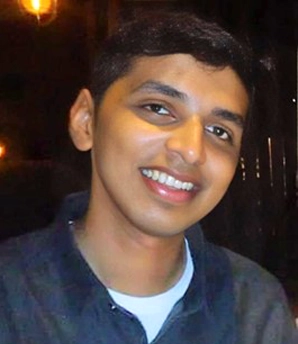
Keith Gibin
Reg Number- 2240617 (5BCZ)
Address
Dharmaram College Post, Hosur Road, Bengaluru – 560029, Karnataka, India
Telephone
+91 804012 9100 / 9600
Send us a Fax
40129000
Mail Us At
mail@christuniversity.in


